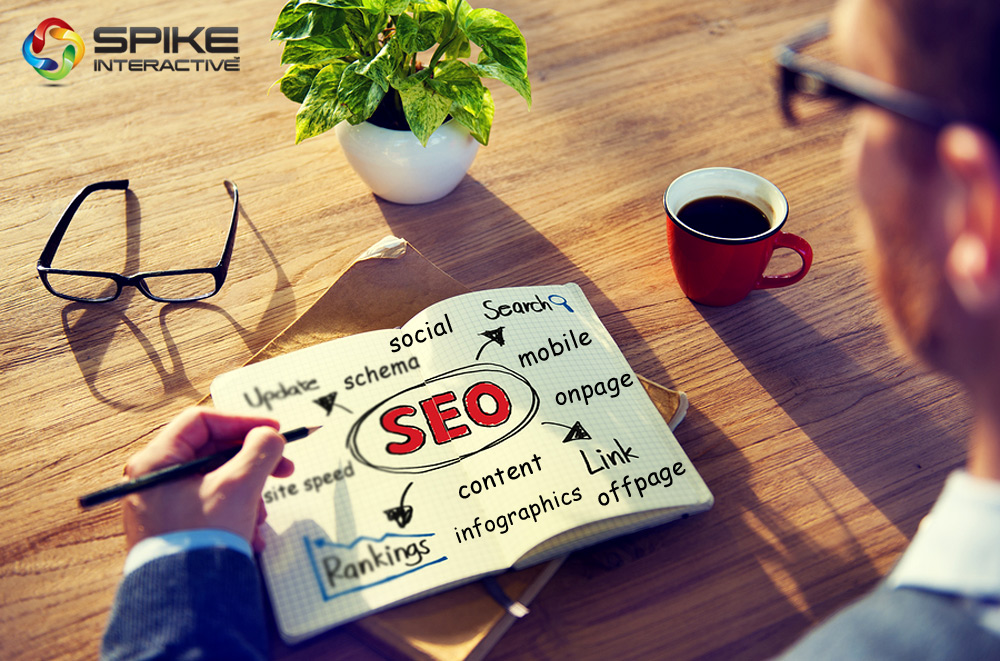SEOs always make a case for organic search optimization, and that’s because there’s incredible value in ranking on the first page of the Google SERPs without depending on paid ads.
According to a recent study, the first organic result in Google search has an average click-through rate (CTR) of 28.5 percent. The second organic result gets 15 percent, and the third has 11 percent. The CTR dwindles further down the search results page, with the 10th spot getting only a 2.5 percent click-through rate.
These findings prove the necessity of ranking on page one of the Google SERPs, especially for industries whose target markets are online. Quite simply, an enterprise (especially one that operates mostly online) cannot attract customers if customers can’t find them.
Landing Page 1 is Good, But Ranking First Is Better
Your organic SEO strategy is a success if your domain’s search rank for your target keywords rises all the way to page one.
What if your site is on page two? How about page three? Frankly, if you started very low on the SERPs, any improvement is better than none at all. The higher the page and the placement, the better. Placing any lower than page one, however, is simply not good enough.
An extensive study of approximately 874,929 pages and 5,079,491 search queries revealed that only 0.78% of Google searchers click on the organic search results on page 2 of the SERPs. The lion’s share of clicks goes to the page one results. This abysmal CTR only decreases further with each succeeding page.
Since the clicks decrease dramatically from page one to page two, and the average CTR on page two onwards is extremely low, websites should aim for nothing less than Page 1 Google Search ranking.
Page 1 Ranking Helps Build Brand Authority
Besides high click-throughs, a page 1 organic ranking can also give your business long-term marketing benefits.
All Google search engine users consider the first-page results as the most relevant to their inquiries. Users (even people who do not know how the Google search algorithm works) also trust the search engine to generate the highest-quality websites first. Hence, many Google users attach a higher value to websites that appear first in search queries than those that appear on page two or later.
From an Internet user’s perspective, ranking on page one strengthens a brand’s credibility and authority in the industry. It’s a combination of perceived value (again, based on the confidence that Google will rank the most relevant websites with high-quality content first) and repetition.
If a brand consistently appears for a particular query, users will become more familiar with it. They might even search for the brand itself next time instead of doing a generic search.
Organic Page 1 Ranking Is Good for Longevity
Organic SEO is also widely referred to as “long-term SEO” because organic search engine optimization is built on best practices that follow the guidelines by Google itself. Websites that rank organically on page 1 are, therefore, more likely to retain their high search ranking with continued content marketing strategy. Additionally, they have a smaller probability of getting penalized whenever Google rolls out an algorithm update to improve search results.
Does this mean that paid ads on Google Search are not valid or necessary? No. On the contrary, paid ads (also PPC or pay-per-click) are very helpful in boosting website traffic, which is one of the search engine’s most important ranking factors. Paid ads shouldn’t be the means to an end, however. The ideal strategy would be to boost an organic SEO campaign with PPC if the budget allows.
Rank your website organically to enjoy high click-throughs, brand recognition, and longevity on Google page 1.
If you’re interested in applying these strategies to your website, get in touch with Spike Interactive today.






Comments are closed.